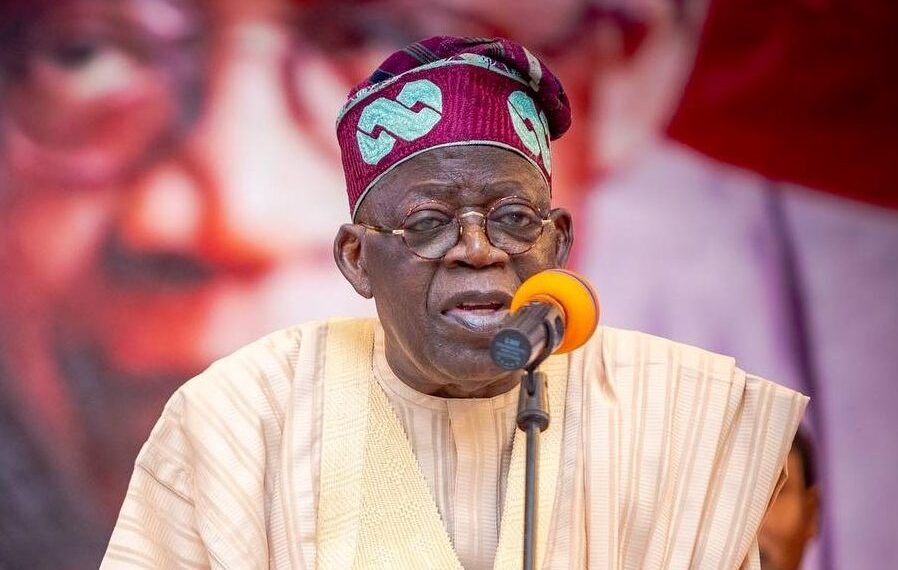Nigeria’s President Bola Tinubu asked the Senate on Thursday to approve an $800 million loan from the World Bank to fund a social program aimed at easing the impact of high fuel prices after the removal of a popular but costly petrol subsidy.
The loan was previously approved by the government of former President Muhammadu Buhari to help scale up the National Social Safety Net programme, the presidency said in a letter to lawmakers.
“The purpose of the facility is to expand coverage of shock responsive safety net support among the poor and vulnerable Nigerians,” Tinubu said, adding that 12 million poor households will be paid 8,000 naira ($10.32) for six months, “with a multiplier effect on about 60 million individuals.”
Authorities in Nigeria, Africa’s largest economy, also plan to raise the minimum wage, with details expected to be finalised next month when talks with the main labour unions are expected to be concluded.
Tinubu, who is embarking on Nigeria’s biggest reforms in decades to tackle issues such as a high debt burden, scrapped the fuel subsidy when he took office at the end of May.
The subsidy had kept prices cheap for decades but became increasingly expensive – the government spent $10 billion last year – leading to wider budget deficits and driving up government debt.
The House of Representatives, the lower chamber of parliament, also approved on Thursday Tinubu’s request to amend the 2022 supplementary budget to allow the government spend 500 billion naira to “cushion the effects of the removal of fuel subsidy.”
The changes will allow the government to redirect spending previously budgeted for other projects.
Source: Reuters






